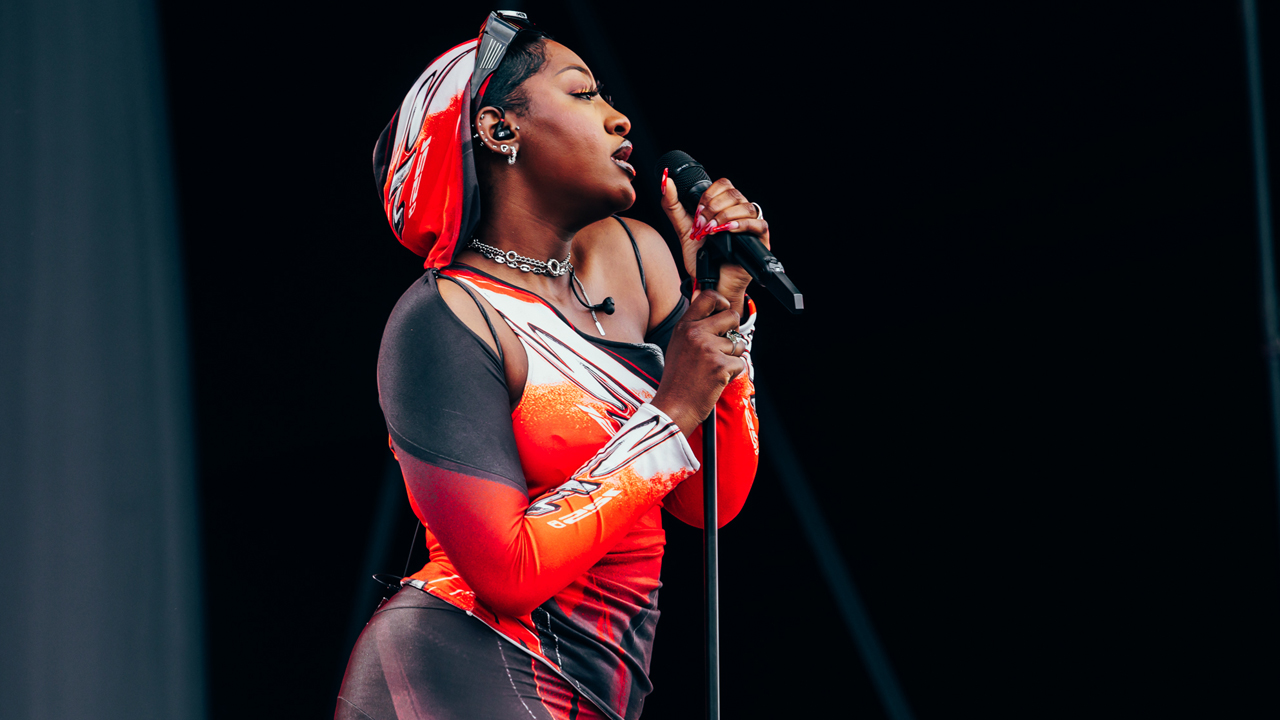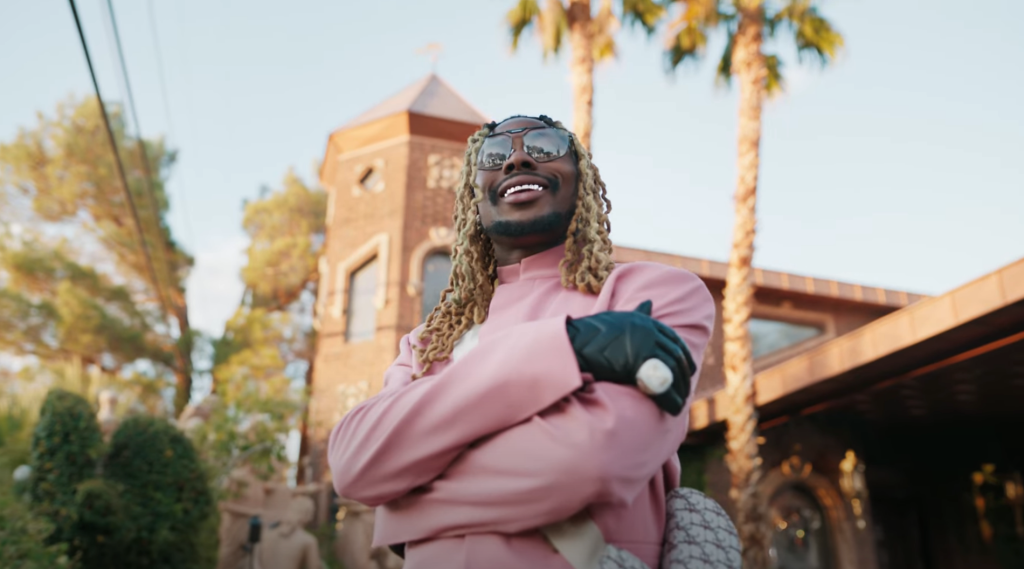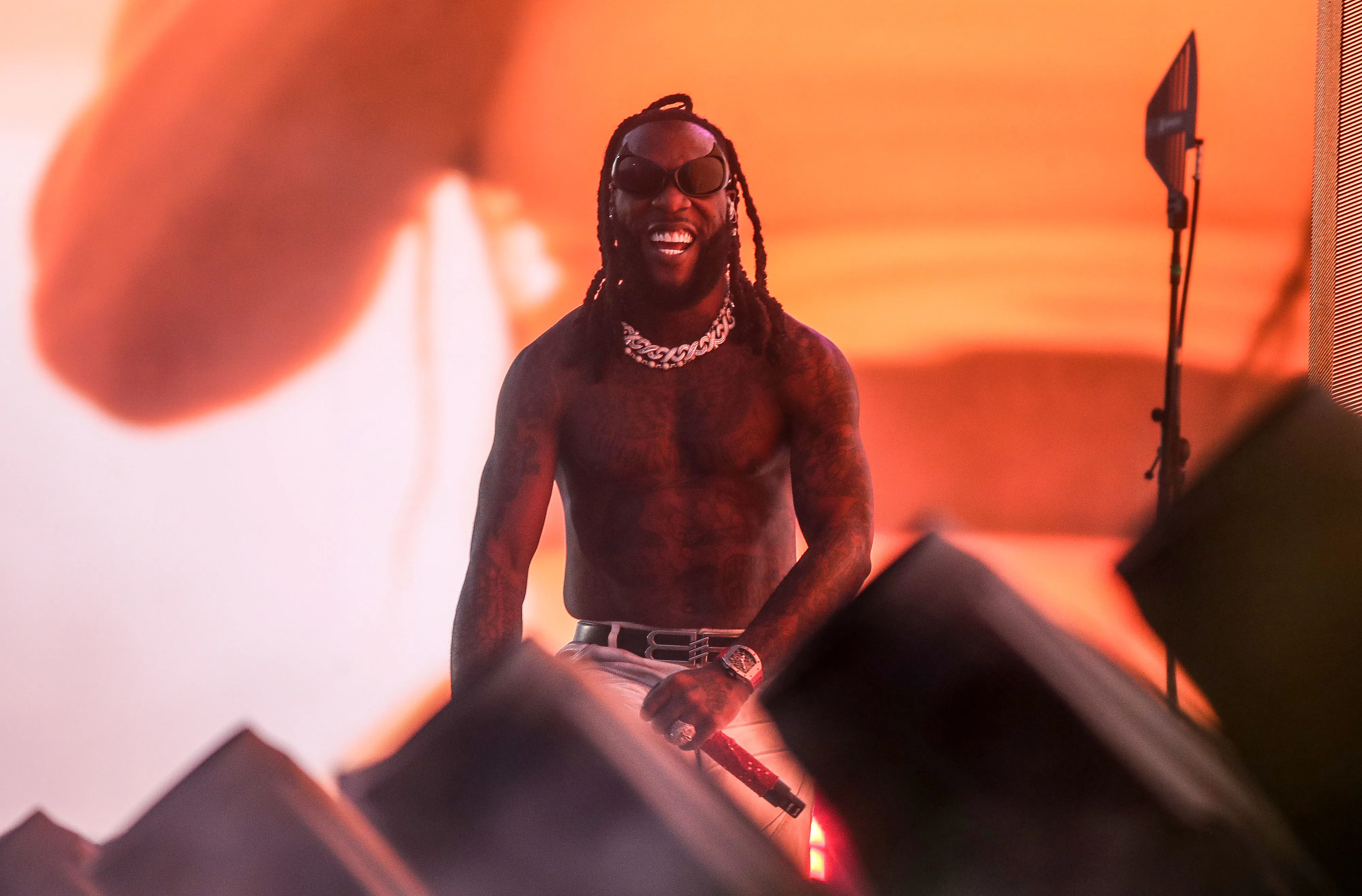
Exploring the Evolution: Afrobeats Dominance in 2023 and Anticipating Trends for 2024
Exploring the Evolution: Afrobeats Dominance in 2023 and Anticipating Trends for 2024
When Innocent Idibia released African Queen as he kickstarted his solo career in 2004, Afrobeats, the contemporary, wild, and apolitical reincarnation of Afrobeat, was set to debut on the global stage.
Afrobeats is a fusion of Afrocentric sounds originating in the Subsaharan regions of Africa (like Highlife, Fuji) and sounds from overseas, like Hip Hop and Dancehall. It is generally taken to be the birth child of Afrobeat—a genre of African music taken to be far ahead of its time, with roots originating as far back as the 1920s.
But even when Idibia (then called Tuface but now known as 2Baba) and his melodious, RnB-infused masterpiece gained international recognition by featuring on the soundtrack of American comedy box-office success Phat Girlz, mainstream adoption for a sound originating in sub-Saharan Africa still seemed a far cry. Idibia himself admitted that there were other songs that “Naija people felt more”, although African Queen was universally understandable.
Now, however, the Afrobeats story is different. Songs resonant at home seem to not diminish in appreciative value beyond borders. In 2023, home-based artists performed at world-reputable festivals organized sprawling tours, and heard their lyrics shouted back to them by international audiences that don't speak a single line of the indigenous languages those songs are written and performed in.
But this has been a long time coming.
Despite the tendency to personalize the forces that propel the adoption of Afrobeats through front-staging superstars like Wizkid, Davido, Sarkodie, and Diamond Platnumz, the genre is more likely a whirlwind reaped from lighter winds.
From early producing efforts from Masterkraft, DJ Jimmy Jat, Legendury Beatz, and Young Jonn (whose recent reinvention translated him from the mixing board in the 2010s to the center stage performance in the 2020s Afrobeats wave), to the influence of contributive influences from Ghana, Benin Republic, and other West African countries, Afrobeats slowly but surely caught its wave, and seems to have ridden it into the sunset in 2023.
According to Spotify, Afrobeats’ worldwide streams grew by 550% in 2023. Back in June, the platform launched the Afrobeats: Journey of a Billion Streams site to celebrate the history, growth, and milestones of the genre.
In October, they launched the Afrobeats Hub, a section on the platform that collates playlists, sub-genres, and other collections of songs in Afrobeats.
More platforms have also sprung up similar initiatives.

In March 2022, a collaborative effort from Billboard and Afro Nation birthed a US Afrobeats chart, which ranked the 50 most popular Afrobeats songs in the North American country. Obi Asika, the founder of Afro Nation, had said it was “vital” to create a “platform for emerging artists from every continent to showcase their talent to new audiences.”
This year's success for the two-decade-old genre was driven by several forces entering maturation in 2023.
For instance, industry heavyweights like Davido, Burna Boy, and the juggernaut newcomer Asake released successful albums in 2023.

Even as Afrobeats has held its own internationally even when performed in colloquial language by indigenous artists, mainstream adoption of the sound has come to be supplemented by international collaborations. For instance, Wizkid’s most recent iteration of reinvention found success through domestically intensive collaborative efforts (like his Grammy-nominated Made in Lagos album and his single, Essence, which featured fellow Nigerian, Tems). However, the 33-year-old’s transition from continental superstardom to worldwide repute was catalyzed by his collaborations with hip-hop icon Aubrey Graham, popularly known by his stage name, Drake.
The rapper's 2016 single, One Dance, which Wiz was featured on alongside British house music singer Kyla Reid is currently the 7th most streamed song in history according to Spotify’s dynamic list.
The same was the case in 2023 when in September, Rema’s Calm Down remix, which he released in January, joined the Billion Club, surpassing a billion streams with the Selena Gomez-assisted track.
Collaborations like Rema’s seemed to contribute to Afrobeats' global acclaim, just as social media helped aid the spread as it did with C'Kay's Love Nwantiti in 2020.

And, also in 2023, almost reminiscent of its now-humble beginnings as an entry on the Phat Girlz playlist, global awareness of Afrobeats was again propelled by Hollywood.
In the past, collaborative efforts like Beyonce’s The Lion King: The Gift soundtrack for the live-action Lion King remake (2019) added a little juice to the machine, and in 2022, further features on the sequel release of Marvel’s globally successful Black Panther franchise introduced artists to an infinite white canvas to paint endless beauty inspired by the black continent.
The latter collaboration led to a prestigious and historic nomination in March 2023 for Temilade Openiyi, known professionally as Tems. The singer-songwriter was nominated for her contribution as a songwriter on Lift Me Up, a song performed by Rihanna that features in the Black Panther: Wakanda Forever soundtrack. Meanwhile, Rihanna herself named Davido’s UNAVAILABLE as her best song from 2023, further establishing a tendency for leading talented voices to render evangelistic efforts to the genre.
Although amid much controversy, the Annual Headies Music Awards, taken to be the most prestigious award in Nigeria—the country generally accepted to be the home of Afrobeats—held overseas for the second year running.
The pace of Afrobeats is not expected to slow down any time soon. Especially as global powers that be continue to see it as another opportunity to create an influential, world-stopping genre (Animasahun at some point compared this moment for the genre to Reggae).
For instance, in late 2023 the Recording Academy announced a Best African Music Performance category, which will debut at the 66th GRAMMY Awards on February 5, 2024.
However, growing considerations are brewing.
For instance, discussions on so-called “music colonialism” are gaining significance. Particularly concerning the tendency of absorption of other African genres into the perceptually monolithic Afrobeats title, with inspirational forces being ascribed recognition for sounds adopted from regions from which they do not originate. For example, as collaborations continue to bloom, more and more individuals not privy to the histories of these sounds ascribe credit to forces not responsible for their success, downplaying other critical players.
Artists like Damini Ogulu, popularly known as Burna Boy outrightly reject the moniker “Afrobeats”, seeing it as an unfair generalization.
“It’s not fair to just join everybody. . . . It’s almost like joining hip-hop, R&B, and dancehall into one thing and call it ‘Ameribeats,’ ” Burna told New York hip-hop station Hot 97, saying such actions are reductive to the African voice.
Burna himself refers to his music as Afro-fusion, which he insists is built on Fela Kuti’s Afrobeat but also substantiated with layers of diasporic sounds.
Writers like Korede Akinsete have made the previous commentary concerning the tendency for the commodification of culture, explaining in an Op-Ed four years ago that the term Afrobeats itself (not to be confused with Fela’s Afrobeat), was coined in the 2000s by first-generation immigrants in Europe who wanted to hear sounds from home at club scenes and house parties.
“DJ's noticed a growing demand for West African pop music and filled this void with partiesand radio shows dubbed ‘Afrobeats Nights.’”, she wrote.
Another difficult conversation to have is the apparent tie-in of the progressive infiltration of Western influence on the genre is reminiscent of the Scramble for Africa, with obvious capitalist and in extreme considerations, imperialist undertones.

The Scramble for Africa is a term used by historians describing the invasion, annexation, division, and colonization of most of Africa by Western powers from the late 19th century to the early 20th century.
This period led to the mass exportation of value (and in some cases, people) from the African continent for the development of Western imperialist societies. Partnership efforts that "export" the genre to foreign soil have been criticised heavily in part because of the nature of the modus operandi used to execute them. For instance, moving the Headies to international soil like North America has been seen as a partnership effort aiming to set up Afrobeats for even further adoption, as America stands as a valuable pulse for gaining the attention of untapped markets. However, in May 2022, Headies Executive Producer Ayo Animasahun didn’t seem toconvince listeners with his reasons.
“Atlanta in the US is the black capital of the world where black music thrives. It’s the centerof entertainment and I don’t see why we shouldn’t do something like this there, we’ve done it in Nigeria for 14 years, it’s time to take it out of Africa,” he had said to AmericanAmbassador, Mary Beth Leonard at her official residence in Lagos.
And this exploration of export is not ending any time soon. The award organizer told BET in September 2022 that “…at some point, [we’ll] consider the UK or even UAE [United Arab Emirates].”
However, there also seems to be potential for home-based growth too. Indigenous music groups are signing deals with international juggernauts to create—and access—more value on the continent. One very apparent reason is that Africa is currently the continent with the youngest demographic in the world. The United Nations projects that by 2050, Africa's population will reach close to 2.5 billion. Although music is enjoyed by every age group across several media and platforms, youth is generally observed to be a driving force for the business of music in the 21st century, probably since its leading mode of consumption (streaming) is a relatively recent invention—and internet technology is more popular with younger demographics. According to Statista, about 65% of streaming listeners in the UK are between the ages of 16-34. As such, Afrobeats listeners can expect that more investments will be made in the genre at home, just as it is abroad. However, the long-term effect of all unfolding efforts on the genre of Afrobeats itself, and the culture of those who created it, remains a secret tightly sealed behind the closed lips of the masters of the universe.
Comments